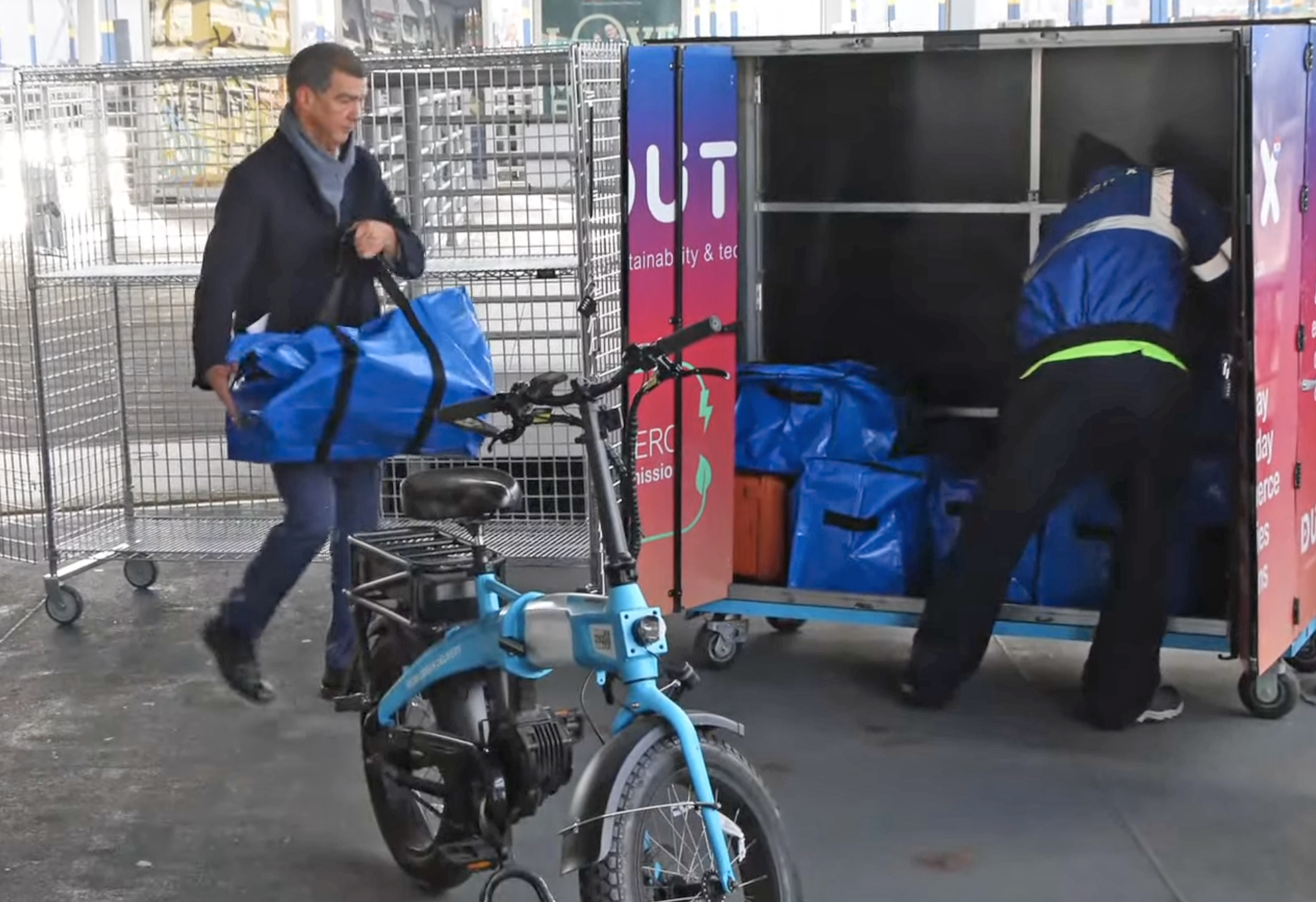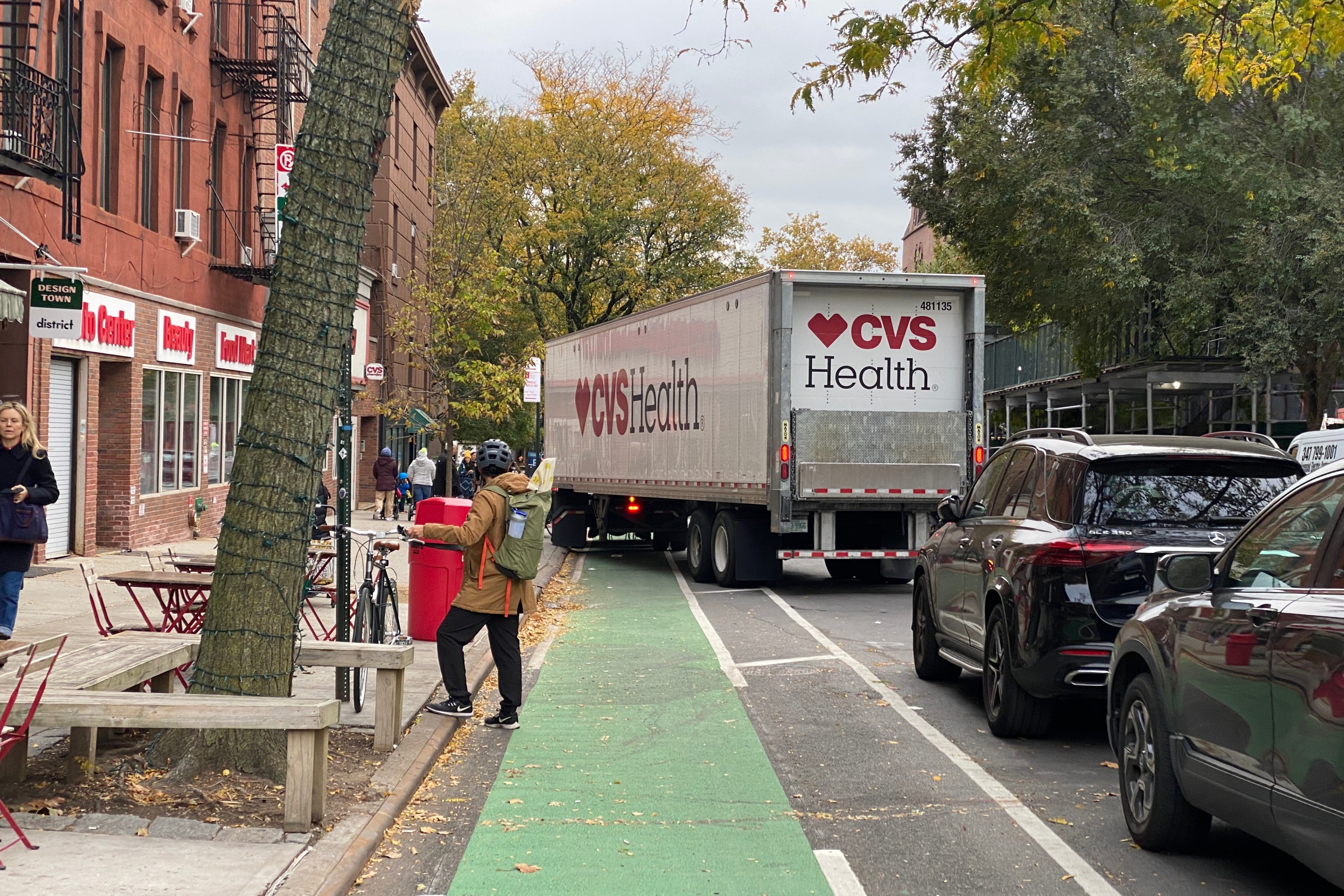
Governor David Paterson announced Tuesday that he had signed Assembly Member Sam Hoyt's Smart Growth Infrastructure Public Policy Act, making it the law of the land that all state infrastructure spending must comply with a set of smart growth principles, including fostering compact, mixed-use development and reducing dependence on the automobile.
Paterson's approval has been expected since the bill passed the legislature in June. The next six months will help determine how big a difference the governor's signature will make.
Important precedents will be set in the waning days of the Paterson administration, said Peter Fleischer, who directs Empire State Future, a statewide smart growth coalition. The administration needs to take an active role in developing smart growth implementation policies at the highest levels, he said.
"We want Paterson's economic people there, his environmental people there, and we want Paul Beyer of the Smart Growth Cabinet there," said Fleischer. The governor's Smart Growth Cabinet, which Beyer manages, brings together state officials to coordinate policy across departments.
Fleischer identified the departments where the smart growth law should have the biggest effect, singling out Empire State Development; the Department of Transportation; the Environmental Facilities Corporation, which helps build water and sewer infrastructure across the state; the Dormitory Authority and the Power Authority (in charge of financing and constructing colleges, courts and health care facilities, and providing low cost electricity from the state's hydro, gas, and oil power plants, respectively). The departments that matter are "any of the big agencies with money who have discretion over where they spend it," he explained.
Empire State Development and the Dormitory Authority put up the $12.2 million that the state spent to subsidize the reconstruction of the 1,651-space garage that re-opened in downtown Rochester last week.
Of course, the Paterson Administration won't be around much longer, and a new governor will also have to put his stamp on the law's implementation. Empire State Future has reached out to each candidate's campaign and urged them to develop a policy on sustainable development and promise to appoint smart growth commissioners. "A Governor Cuomo who wants to make infrastructure spending meaningful can really do so," said Fleischer.
In the long-term, though, the next step might turn back from the Executive Mansion to the legislature. Fleischer said that his organization is beginning to look at introducing a New York version of California's landmark anti-sprawl bill, SB 375. That bill aligned the state's transportation and housing plans with its environmental law and required each region to meet transportation-sector greenhouse gas emission reduction targets.





